Why Floaters Get Worse After Eyeglass Prescription Changes
So here’s the thing—I recently updated my eyeglass prescription. Nothing dramatic, just the usual tweak because things were starting to blur a little more than I liked while driving at night. But here’s what I didn’t expect: a sudden burst of these weird squiggly things floating across my vision. At first, I chalked it up to adjusting to the new lenses. But days passed, and they didn’t go away. If you’re experiencing floaters after a change in your eyeglass prescription, you’re definitely not alone—and yes, there’s more to it than meets the eye (pun absolutely intended).
Can New Eyeglasses Really Cause Eye Floaters?
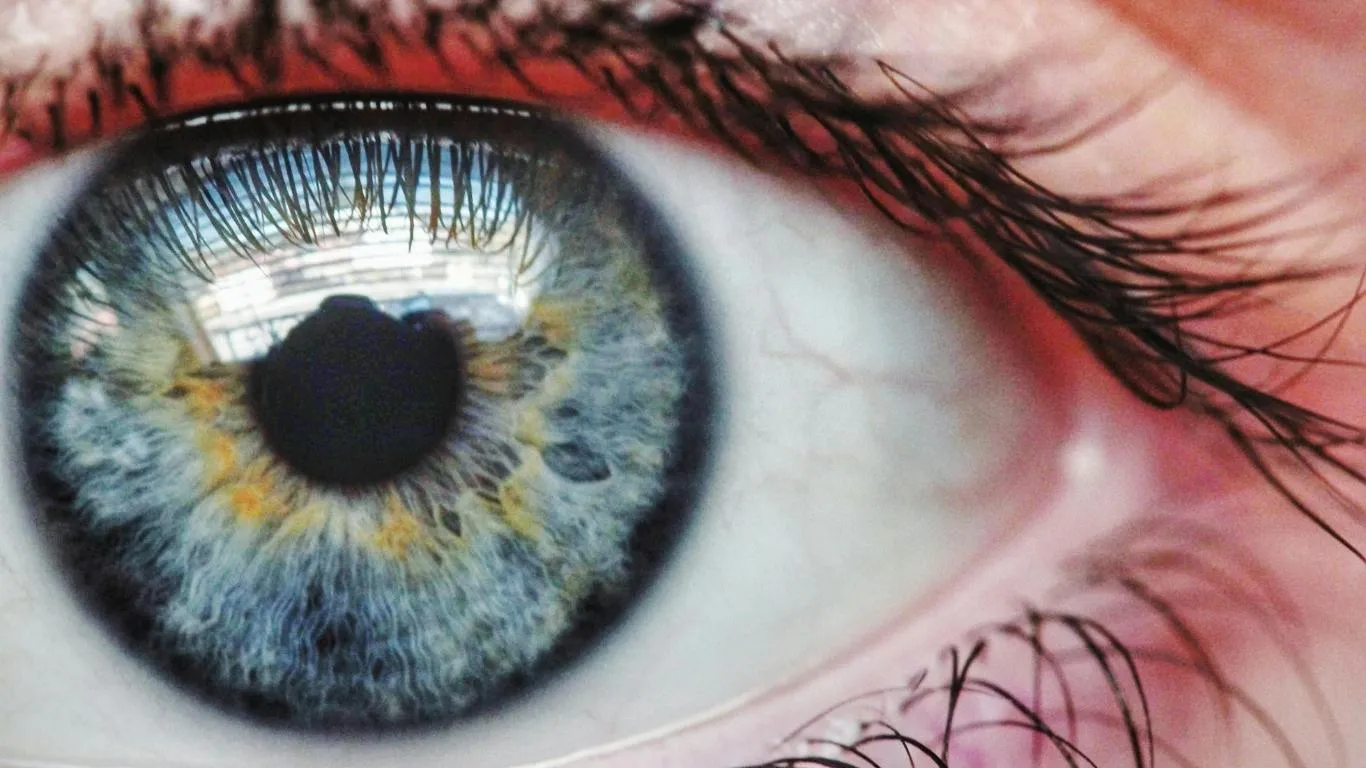
Short answer? Not directly—but there’s a twist. Changing your eyeglass prescription can reveal floaters that were already there, just unnoticed. Your brain adapts to your vision over time, and when you suddenly improve clarity with a stronger lens, it can “unlock” the visibility of these previously hidden little floaty specks or threads.
Think of it like this: You’re cleaning a foggy mirror and suddenly notice smudges that were always there, but you couldn’t see before. Floaters work kind of the same way.
Why You Notice Them More After an Update
- Improved visual sharpness brings floaters into focus.
- Brighter contrast perception—especially against light backgrounds—makes them more visible.
- New lenses may slightly shift your focal depth, affecting how you perceive floaters drifting through the vitreous gel inside your eyes.
That’s not to say the prescription change caused the floaters—it’s just making you way more aware of them. And it can feel a little unsettling when it happens out of nowhere.
When Floaters Signal Something More Serious
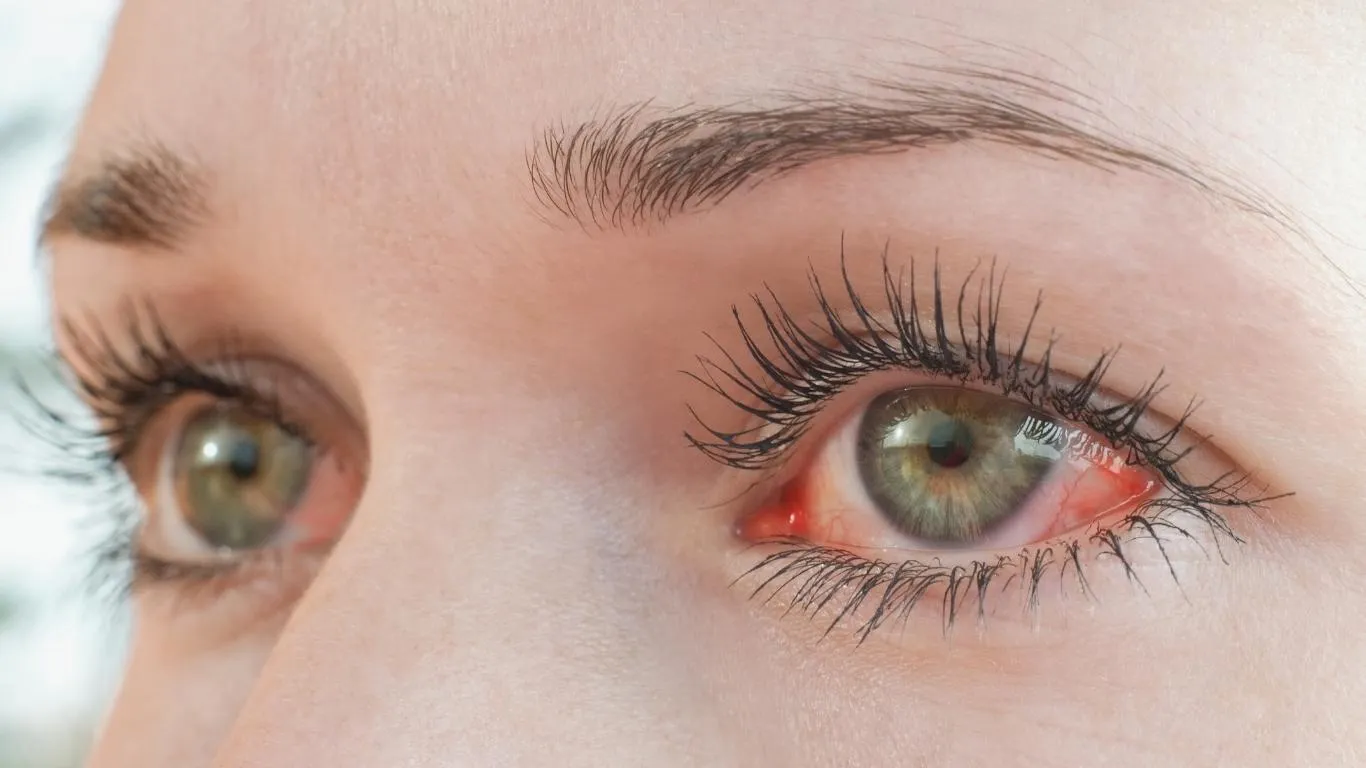
Here’s where you need to pay attention. If you’re noticing sudden, new floaters or they’re accompanied by flashes of light, vision loss, or a dark curtain over part of your sight, that’s not just a minor nuisance—that could be a medical emergency.
These could be warning signs of a retinal tear or detachment. And yes, this can happen coincidentally around the time you get new glasses, leading you to think they’re connected. Trust your instincts and get it checked.
Healthusias has a helpful deep dive into how floaters can precede a retinal tear, and it’s worth a read if anything seems off or sudden.
Common Causes That Might Coincide with a Prescription Change
- Natural aging of the vitreous, which happens most often after age 40.
- Minor trauma from eye strain or rubbing—especially if your previous glasses were too weak for too long.
- Underlying conditions like high myopia or diabetes that predispose you to floaters and complications.
And get this—eye floaters in your 40s and beyond are common. But that doesn’t mean you should ignore them. Even if they seem benign, it’s smart to document when they began and how they behave over time.
The Role of Stress, Fatigue, and Lighting
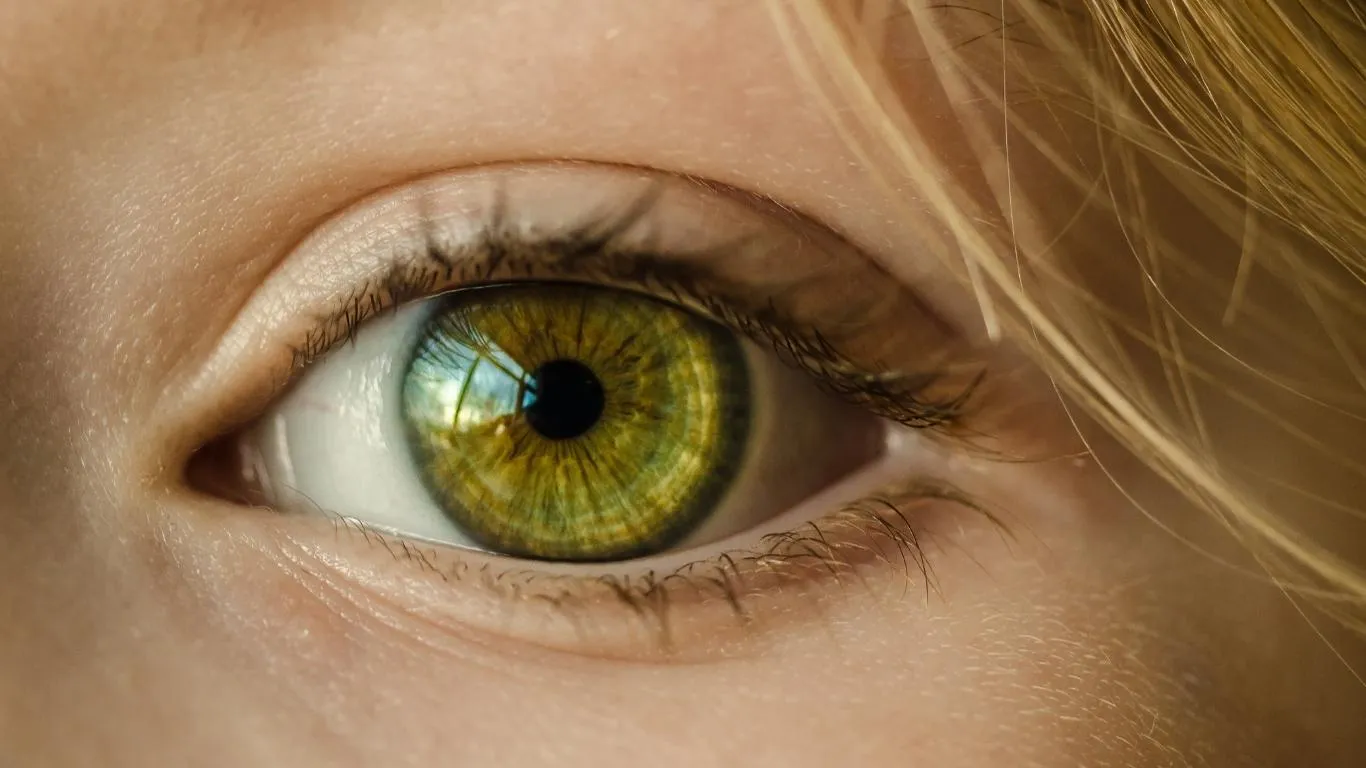
Honestly, after my own prescription change, I noticed floaters way more when I was tired or staring at a screen under bright overhead lights. Not a coincidence. Floaters tend to become more noticeable when you’re:
- Looking at a bright background (like a computer screen or the sky)
- Fatigued or stressed (because your focus becomes hyper-aware)
- Experiencing dry eye or dry eye syndrome
Changing glasses can cause short-term visual strain while your eyes and brain recalibrate, which may intensify your awareness of floaters during that transition period.
What Helped Me Personally
I’m no doctor, but here’s what worked for me while adjusting to the new prescription and those annoying floaters:
- Taking more breaks from screens
- Switching to blue light-filtering computer glasses at work
- Keeping hydrated (surprisingly important!)
- Practicing eye movement exercises when floaters became distracting
And yeah, I did schedule a quick visit to my eye doctor—just to rule out anything scary. Highly recommend that route if you’re on the fence.
Are You at Greater Risk After Getting New Glasses?
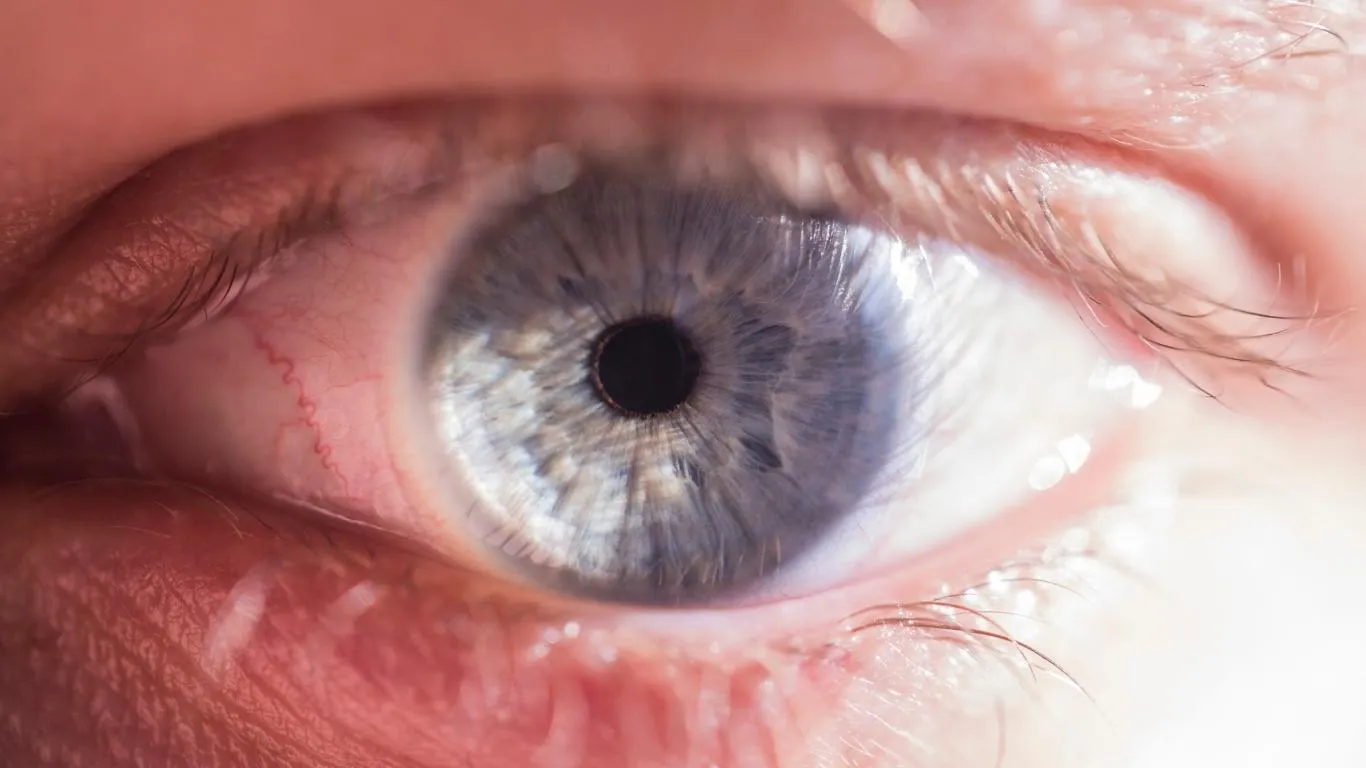
Again, no, your new glasses aren’t causing floaters—but they can make you realize that something is happening inside your eye. This can be especially true if you’ve just corrected astigmatism or a larger prescription jump. Floaters could’ve been there for months, even years, just lurking outside your visual radar.
According to the American Academy of Ophthalmology, most floaters are benign and don’t require treatment. Still, it’s wise to monitor them, especially after posture shifts or visual changes.
When to Call Your Eye Doctor
Let’s be honest, floaters are annoying—but when should you really get checked?
- Floaters appear suddenly or increase rapidly
- You’re seeing flashes of light
- You notice a dark shadow or “curtain” in your peripheral vision
If that’s you, don’t wait—get an eye exam ASAP.
Also, this guide from Healthusias dives deeper into when floaters can be dangerous. It breaks things down in a clear, no-fear kind of way that really helped put my mind at ease.
For a broader understanding of what floaters are, their causes, and treatment paths, check out this foundational explainer. It’s a solid place to start if you’re new to all this floater talk.
And if you’re curious about how floaters differ from other eye issues (because yes, it gets confusing), the team at Healthusias also put together this helpful article: Eye Floaters vs. Other Eye Problems.
Can Your Prescription Itself Be Too Strong or Too Weak?
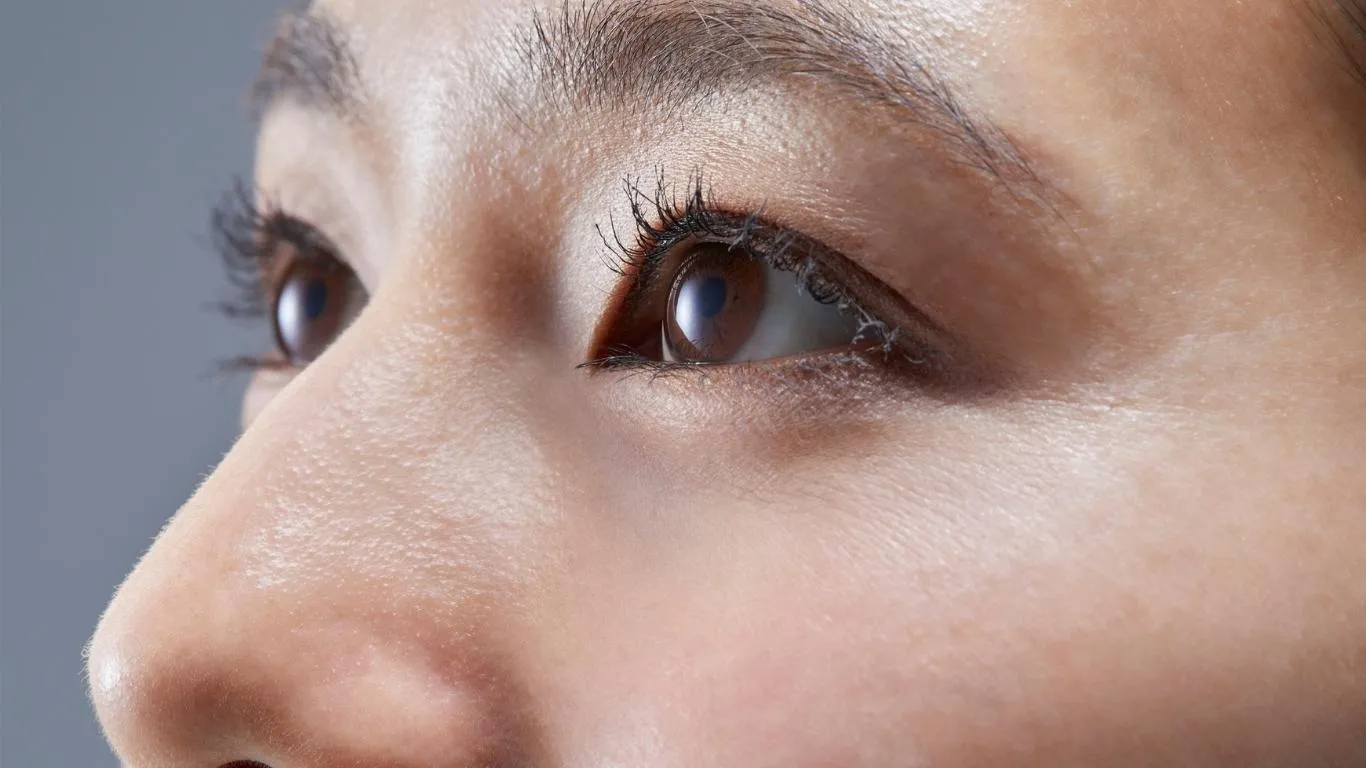
This one threw me off a bit. I assumed as long as I had new glasses, the prescription had to be perfect. But nope—turns out, even a slightly off prescription can mess with how your brain interprets movement and clarity, which in turn can heighten awareness of floaters.
If you’re squinting, straining, or feeling “off” in your new specs, it might not just be your eyes adjusting—it could mean the prescription needs refining. I found this article on differentiating aging symptoms vs floaters especially helpful while trying to figure out whether the issue was the glasses or my eyes themselves.
Get a Second Opinion if Something Feels Off
If you’re not convinced your floaters are harmless—or your new lenses just feel “not quite right”—it’s completely okay to get a second opinion. A new optometrist might spot something the first one missed, especially if you’re dealing with post-surgery adjustments or other unique visual challenges.
Some floaters can even appear during a period of hormonal change, so sometimes it’s less about the glasses and more about timing.
What You Can Actually Do About Them
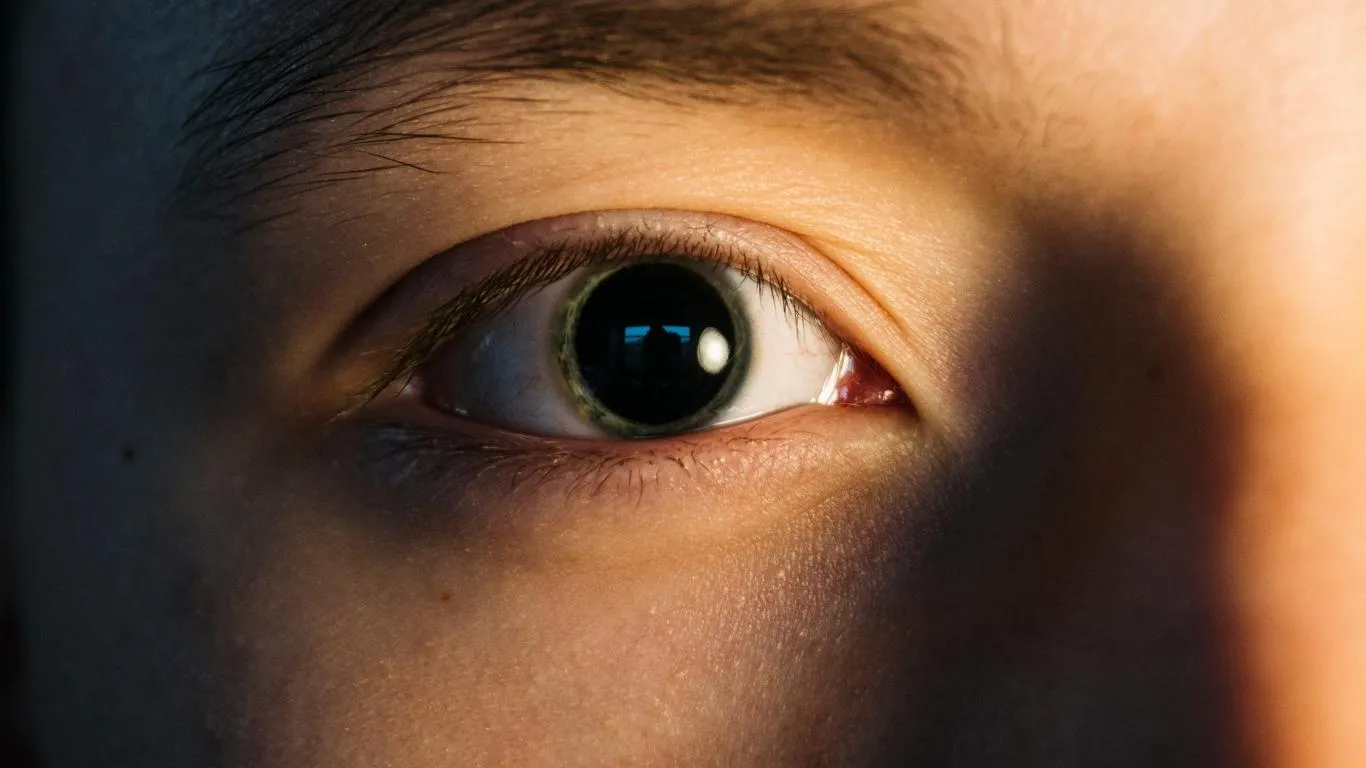
Okay, so now that we’ve agreed that floaters post-glasses aren’t usually a crisis, here’s the next obvious question: Can you do anything to make them less annoying?
The good news is: yes, kind of. While most floaters won’t just vanish overnight, you can reduce how noticeable they are.
Natural Tips That Actually Help
- Keep your eyes hydrated—eye dryness can make floaters appear worse.
- Use proper lighting to reduce contrast-based visibility of floaters.
- Eye yoga—sounds woo-woo, but some eye exercises do help.
- Gently move your eyes in circles—this can shift the floaters away from your central vision temporarily.
- Clean eating and hydration. I saw improvement after incorporating lutein-rich foods and omega-3s into my diet.
If your floaters seem to be sticking around and impacting your day-to-day focus, this resource is worth saving: Simple home remedies for floaters. It’s practical and surprisingly realistic about what works and what’s just hype.
Medical Options—When You’ve Had Enough
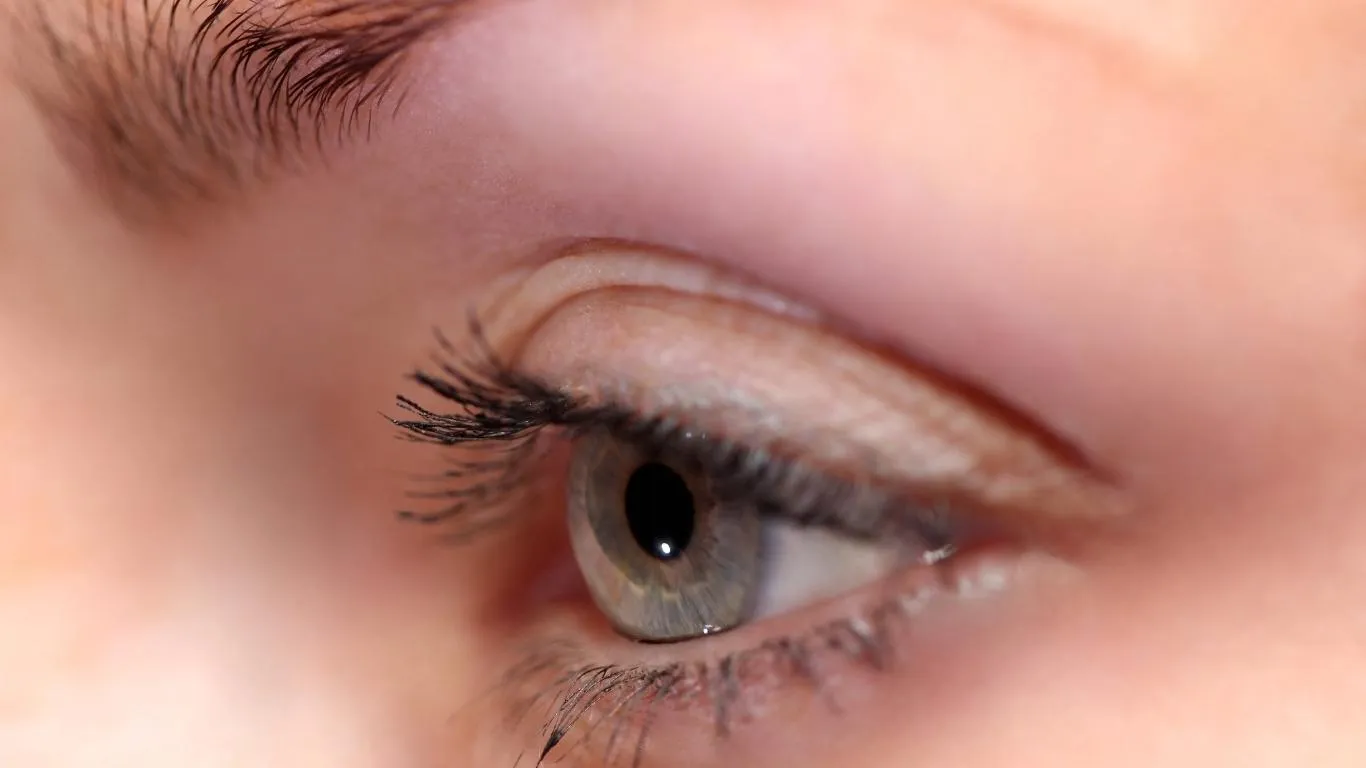
Sometimes, natural stuff only goes so far. For persistent or severe floaters, especially those interfering with reading, driving, or your mental focus, there are medical interventions available:
- Laser vitreolysis – non-invasive, and pretty safe if done by the right specialist
- Vitrectomy – more invasive, but removes floaters completely by replacing the eye’s vitreous gel
These aren’t first-line solutions, though. Most doctors will want to monitor the floaters over time, since many gradually fade or shift out of view.
What Eye Specialists Recommend First
I asked my ophthalmologist about my own floaters, and the response was pretty clear: observe first. Document any sudden changes, note size and frequency, and schedule an exam if anything feels different.
He also recommended this foundational guide from Healthusias on the topic of natural floater management. Spoiler alert: some natural tricks actually work, some are pure myth.
When New Glasses Aren’t to Blame At All

Let’s get real for a second: it’s easy to assume that anything new = culprit. But sometimes, floaters that pop up after a glasses change have nothing to do with the lenses at all. Instead, the shift in visual perception just makes you aware of what’s been developing quietly in the background.
In fact, floaters can be early signs of diabetic retinopathy, vitreous syneresis, or even autoimmune conditions that affect the eyes.
The key takeaway? New glasses aren’t to blame—but they might be the wake-up call that gets you to pay closer attention to your vision health. And honestly, that’s not a bad thing.
Don’t Let Them Drive You Nuts
Seriously. I’ve been there. Staring at the same floater, following it like a cat with a laser pointer, wondering if I’m going blind. You’re not. But you do deserve peace of mind. And you can get it by being informed and proactive.
If you’re dealing with floaters after a prescription update, there’s a wealth of detail and support available in this Healthusias article: What Are Eye Floaters: Causes, Symptoms & Treatment. Bookmark it.
For broader understanding of how floaters differ from other conditions, don’t miss: Eye Floaters vs Other Eye Problems.

Camellia Wulansari is a dedicated Medical Assistant at a local clinic and a passionate health writer at Healthusias.com. With years of hands-on experience in patient care and a deep interest in preventive medicine, she bridges the gap between clinical knowledge and accessible health information. Camellia specializes in writing about digestive health, chronic conditions like GERD and hypertension, respiratory issues, and autoimmune diseases, aiming to empower readers with practical, easy-to-understand insights. When she’s not assisting patients or writing, you’ll find her enjoying quiet mornings with coffee and a medical journal in hand—or jamming to her favorite metal band, Lamb of God.






